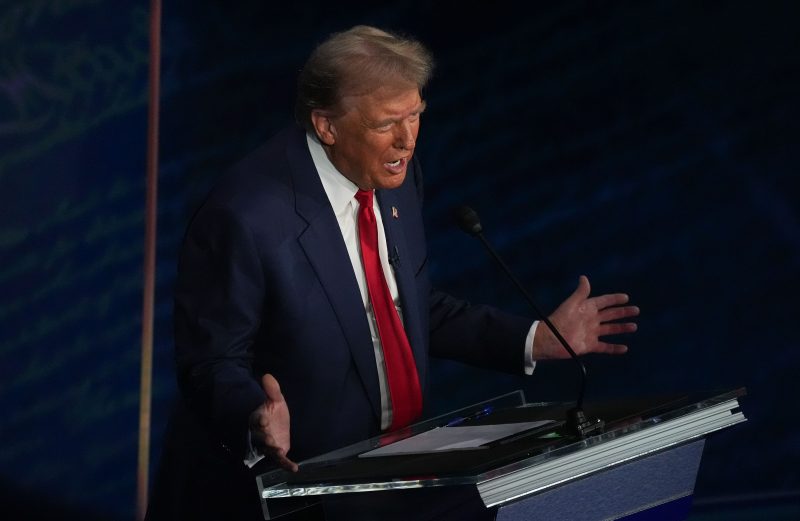In recent political discourse, the efficacy of Trump’s administration and its approach to planning has come under scrutiny. Critics argue that Trump’s concepts of a plan may be perceived as fumbling, and the situation is potentially worse than it appears at first glance. The administration’s record on various policy decisions and initiatives can provide valuable insight into the handling of complex issues.
One particular area of concern is the lack of a clear and coherent plan concerning healthcare. Despite promising to replace the Affordable Care Act with a better alternative, known as Trumpcare, the administration has faced significant challenges in formulating a viable solution. The repeated attempts to repeal and replace the ACA have been unsuccessful, signaling a fundamental lack of planning and execution.
Furthermore, Trump’s approach to international relations has been characterized by erratic decision-making and a lack of strategic foresight. The administration’s abrupt shifts in foreign policy, such as the withdrawal from international agreements like the Paris Climate Accord, have created uncertainty and strained relations with key allies. The absence of a well-defined plan for engaging with global partners has raised concerns about the credibility and reliability of the United States on the world stage.
The implementation of economic policies under Trump has also been met with mixed reviews. While the administration’s tax cuts and deregulation efforts have buoyed the stock market and generated short-term economic growth, concerns remain about the long-term sustainability of these measures. The absence of a comprehensive plan to address issues such as income inequality, rising healthcare costs, and infrastructure investment could have far-reaching implications for the future.
In hindsight, the fumbling of Trump’s concepts of a plan can be attributed to a variety of factors. The lack of experience and expertise within the administration, combined with a propensity for impulsive decision-making, has hindered the development of coherent and effective policies. The absence of a clear vision and strategic direction has resulted in a series of reactionary measures that fail to address the underlying challenges facing the country.
Moving forward, it is essential for the administration to reevaluate its approach to planning and decision-making. A more systematic and inclusive process that incorporates expert input, stakeholder engagement, and long-term visioning can help to ensure better outcomes for the country. By learning from past mistakes and adopting a more strategic approach to governance, the administration can improve its effectiveness and regain the confidence of the American people.
In conclusion, the fumbling of Trump’s concepts of a plan represents a significant weakness in the administration’s approach to governance. By addressing the underlying causes of this issue and adopting a more thoughtful and strategic approach to planning, the administration can work towards achieving better results in addressing the complex challenges facing the country.
